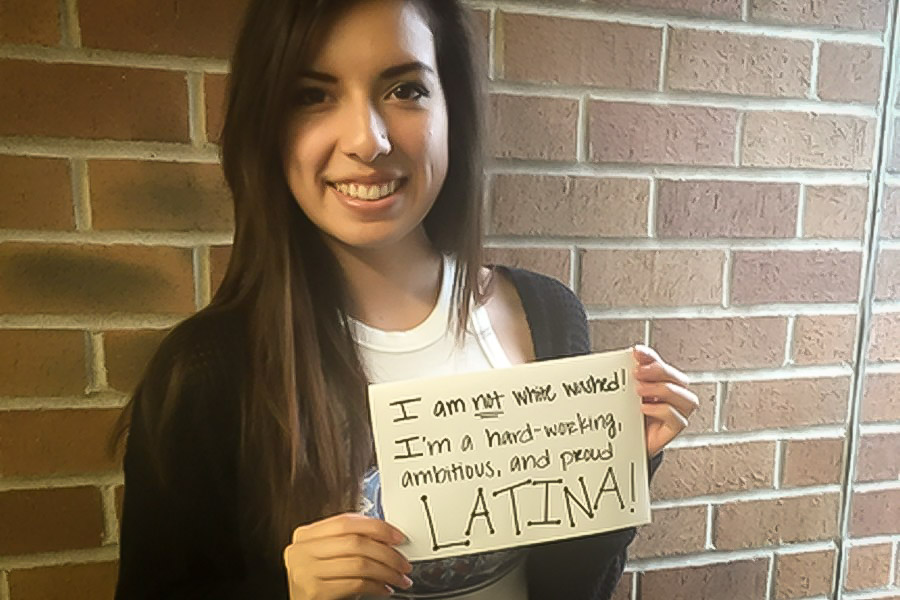Donec efficitur, ligula ut lacinia
viverra, lorem lacus.
Learn about Latino People, You will Love them!
Latin People never ask for anything. You must offer it to them before they accept it. Even if they are starving to death and they will still be too proud to ask for food or money. However, they may show up at your doorstep for a surprise visit right around dinnertime! When they do, you must invite them in to eat with the family or risk appearing impolite, or worse yet.
If you are invited in to dinner, you must accept the invitation because refusing to eat with a family will also earn you the title of mal educado. Nothing is more shameful to a Latin person that to be called mal educado. Please use the term carefully because under certain circumstances a fight may ensue. But you may drop hints as the dinner guest leaves that they were totally unexpected and not hurt anyone’s feelings. For example, you could say, “Visit us for dinner anytime! But next time call ahead so we can add water to the soup.”

Since childhood, Latin People are taught to work hard for everything they need or want. Begging or asking for free handouts is forbidden, although hinting is permissible under the right conditions. Only after some begging by the giver will the needy Latino accept.
If a Latin person wants a new TV, he or she will save up for it or buy it on credit, but it’s also permissible to hint to a very close family member that he or she would like the TV on sale for $299 at Wal-Mart for you birthday. He or she will simply put the Wal-Mart sale paper in plain view in the bathroom with the sale TV circled. And he or she will say things like, “I hate when we all can’t watch our novelas in peace.” But you must never ask for anything outright! It looks like begging.
Latin People are a proud people and are therefore not beggars. The ones you see begging are just lazy and mal educados.
El domingo is a time-honored tradition for Latin People, but especially for the children. As its name implies, it always takes place on a Sunday, usually when visiting the family on un paseo. All the children are given money that is called el domingo (It may also be called la paga de la semana, la semanada, por la semana, or la mesada, depending on the Latin American country of origin). This is money given to the children, usually by all the adult males present, with no strings attached. Unlike an American allowance, the children do nothing to earn this money. It’s their birthright.
Latin women are very friendly and polite in nature when it comes to conversation and long term relationship with them. They are physically very attractive and have decent knowledge of fashion. You can know more about Latin women by using Amolatina and meet amazing people.

Sometimes, the adults forget to distribute el domingo to the children. However, Latin children are taught not to beg. Only when all the adults forget about el domingo may the children respectfully remind them of their bad manners: “¿Dónde está mi domingo?“. If an adult forgets about el domingo, he is considered mal educado. If he intentionally “forgets” about giving el domingo to all the children present, it’s permissible for all the adults to call him, “¡Pendejo!“. This is the only time that children may ask for money and not appear mal educados. In fact, this situation reflects badly on the adults who appear to have bad manners. This time-honored tradition must be respected by all male adults present: grandfathers, uncles, cousins, second cousins, third cousins, pretend relatives, and male friends who tagged along when the family announced, “¡Vamos a pasear!“
Women are not required to give el domingo to the children, but they are not prohibited from giving money to the children either. Children are usually cautious before accepting money from a female relative because she generally makes an unusual request. For example, abuelita will give you a nickel, but only if you let her nibble your ear! And why only a nickel? Because that’s the most she ever received for her domingo!
